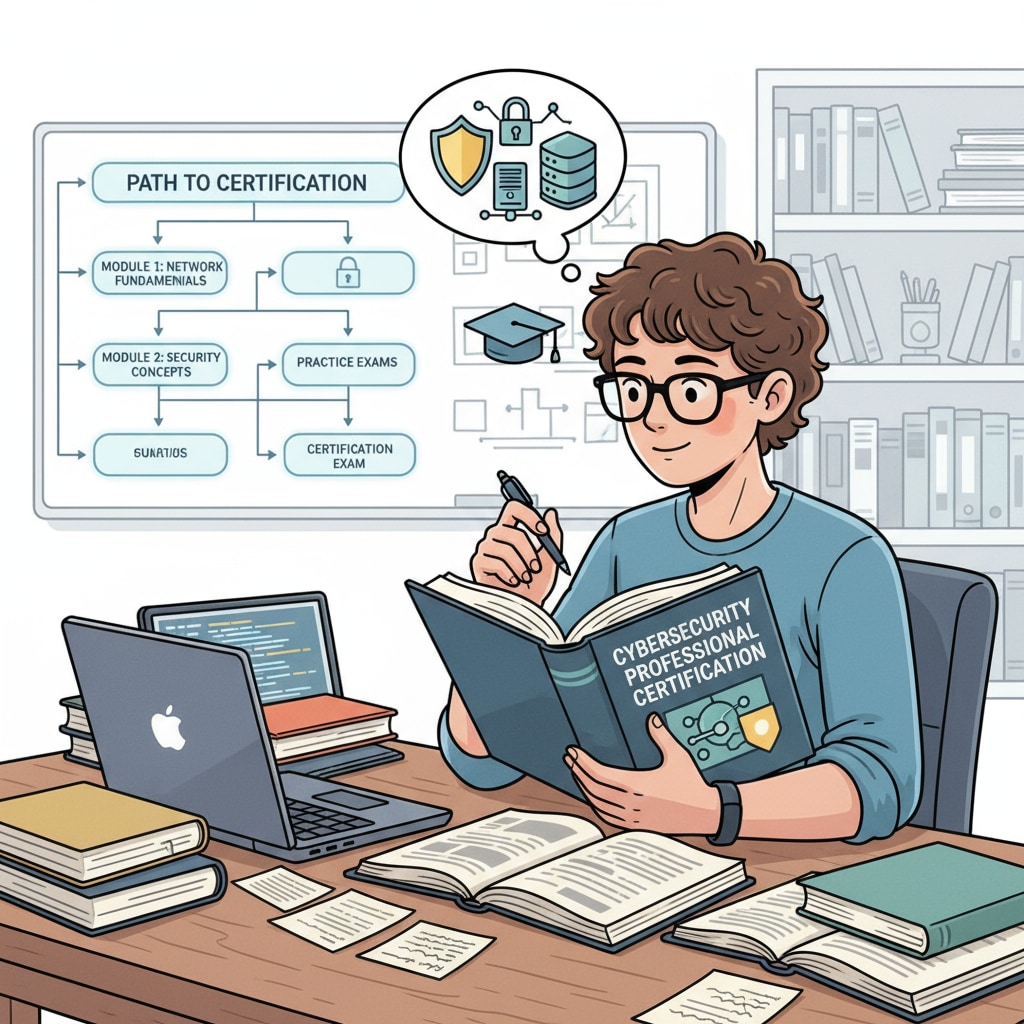Alternative education, engineering learning, and computer science are intertwined in a way that offers exciting opportunities for students who may feel restricted by the traditional high school education system. In today’s rapidly evolving technological landscape, the need for innovative paths to enter these dynamic fields is more crucial than ever.

Understanding the Need for Alternative Paths
Traditional high school education follows a set curriculum that may not always cater to the specific interests and talents of students passionate about engineering or computer science. Some students might find the pace too slow, while others may struggle with certain subjects that are not directly relevant to their desired career paths. As a result, alternative education options have emerged to fill this gap. For example, students who have difficulty conforming to the rigid structure of a regular high school can explore other routes that offer more flexibility. According to Britannica’s education overview, alternative education can be a game-changer for these individuals.
Alternative Options for Aspiring Engineers and Computer Scientists
One alternative is obtaining a General Educational Development (GED) credential. This is an equivalent to a high school diploma and allows students to bypass the traditional high school setting. It provides a chance for those who have dropped out or faced challenges in regular high school to still pursue higher education in engineering or computer science. Another option is to focus on standardized tests like the SAT. A good SAT score can open doors to various college programs in these fields, even without a traditional high school background. Additionally, professional certifications play a significant role. Certifications in areas such as programming languages or engineering software can enhance a student’s credibility and give them an edge in the job market.

When considering these options, it’s essential to assess your own strengths, interests, and learning style. For instance, if you are a self-starter and prefer independent learning, online courses and self-study programs might be ideal. On the other hand, if you thrive in a classroom environment, community colleges or vocational schools could be a better fit. By carefully evaluating these factors, you can create a personalized career development strategy that aligns with your goals in engineering or computer science. In conclusion, alternative education offers a plethora of opportunities for students to break free from the shackles of traditional high school education and embark on a fulfilling journey in engineering and computer science. As the demand for skilled professionals in these fields continues to grow, exploring these non-traditional paths can be a wise decision. Refer to Wikipedia’s page on alternative education for more in-depth information.
Readability guidance: This article uses short paragraphs and lists to summarize key points. Each H2 section provides relevant details. The proportion of passive voice and long sentences is controlled, and transition words are added throughout for better flow.


